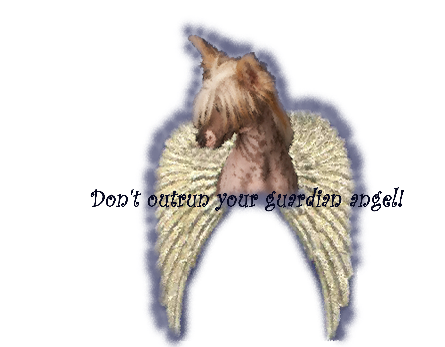What do wild dogs eat? "A Comparative Analysis of Wolf Diet in Three Different Italian Ecosystems" found that wild grass fed animals made up from 85 to 95% of wolf diet, with other food items making up less than 5% of the diet anually. Arctic Wolves eat hares, Caribou, lemmings, and musk oxen. In Estona wolves eat moose, roe deer, and wild boar. Wolves eat meat and bone with 1% of diet being grass and berries. Why is meat and bone so important for carnivores? Carnivores have the simplest digestive systems of all mammals. Their stomach's are designed to take in large amounts of meat and bone at one setting. The stomach is also very acidic allowing it to consume bacteria wh ich would make a humal quite ill. Their pancreas is also much smaller than ours, therefore, they do not produce as many enzymes making it essensial that they eat foods which are easily digested. There are no enzymes in a wolf's mouth. Juices in the mouth help the wolf to swallow but do not aid in digestion. The intestine of wolves is also much shorter than our own allowing for quick absorption of the nutriental and fluid content of foods.
ich would make a humal quite ill. Their pancreas is also much smaller than ours, therefore, they do not produce as many enzymes making it essensial that they eat foods which are easily digested. There are no enzymes in a wolf's mouth. Juices in the mouth help the wolf to swallow but do not aid in digestion. The intestine of wolves is also much shorter than our own allowing for quick absorption of the nutriental and fluid content of foods.
 ich would make a humal quite ill. Their pancreas is also much smaller than ours, therefore, they do not produce as many enzymes making it essensial that they eat foods which are easily digested. There are no enzymes in a wolf's mouth. Juices in the mouth help the wolf to swallow but do not aid in digestion. The intestine of wolves is also much shorter than our own allowing for quick absorption of the nutriental and fluid content of foods.
ich would make a humal quite ill. Their pancreas is also much smaller than ours, therefore, they do not produce as many enzymes making it essensial that they eat foods which are easily digested. There are no enzymes in a wolf's mouth. Juices in the mouth help the wolf to swallow but do not aid in digestion. The intestine of wolves is also much shorter than our own allowing for quick absorption of the nutriental and fluid content of foods.If we compare this digestive tract to that of herbivores such as moose, cattle, and deer, we find that they chew their food, swallow it, bring it back up and chew it some more. This is called rumination. In fact ruminates have three compartments the materials pass through before it ever reaches the stoma ch. Of these four stomachs, the second is really a fermentation center where the cellulose in plants is broken down. The third stomach is designed to grind and helps in absorption of fluids from the plant material. It is only when the content reaches the fourth stomach that digestion as we think of it begins.
ch. Of these four stomachs, the second is really a fermentation center where the cellulose in plants is broken down. The third stomach is designed to grind and helps in absorption of fluids from the plant material. It is only when the content reaches the fourth stomach that digestion as we think of it begins.
 ch. Of these four stomachs, the second is really a fermentation center where the cellulose in plants is broken down. The third stomach is designed to grind and helps in absorption of fluids from the plant material. It is only when the content reaches the fourth stomach that digestion as we think of it begins.
ch. Of these four stomachs, the second is really a fermentation center where the cellulose in plants is broken down. The third stomach is designed to grind and helps in absorption of fluids from the plant material. It is only when the content reaches the fourth stomach that digestion as we think of it begins. Obviously the digestion of carnivores and herbivores is totally different. Since dogs are decended from wolves and have now been reclassifed as a subspecies of the wolf, what logically may we assume that our canine companion should be eating? Feed you dog a carrot, wait 24 hours and observe its scat. You will find large chunks of undigested carrot. The dog's digestive tract is not set up to properly utilized plant materials. Feed the same dog a raw meaty bone and at the end of the 24 hours both the meat and the bone will have been digested. The photos above are of wolf scat, showing the undigested hair of its prey and moose scat. Notice any difference?


